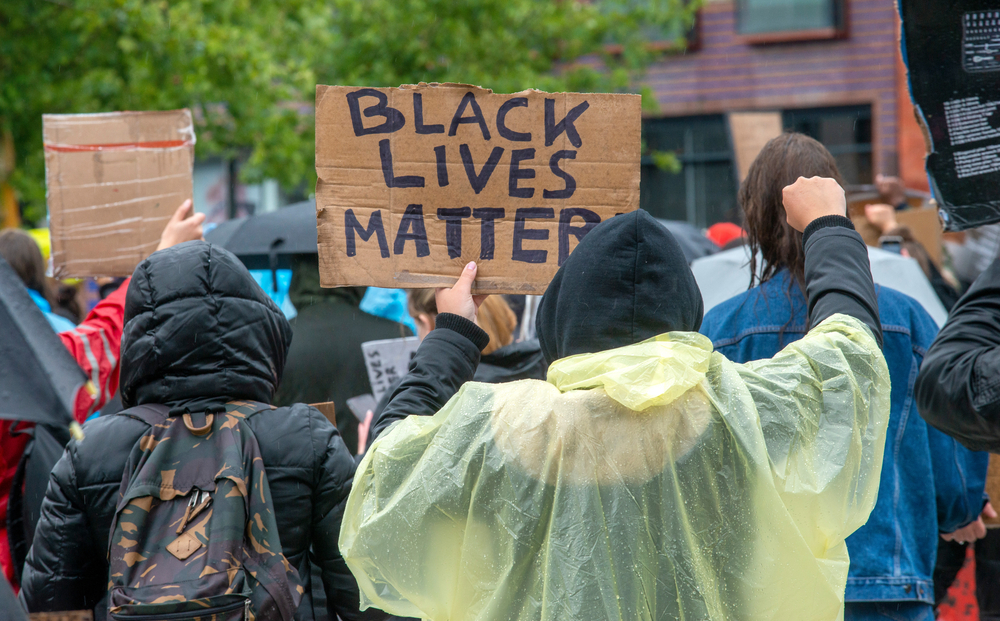Youngsters with foreign roots most likely to feel discrimination

One in four of the under-35 living in the EU were either born in another country or have at least one parent who was born abroad, according to new research by the Paris-based OECD.
In total, 12% of the European population was born in a different country to the one they are currently living in, a rise of 20% on 10 years ago.
The OECD report highlights the feeling of discrimination experienced by many of the children of migrants. One in five say they face discrimination on the grounds of their race, skin colour or ethnicity but in the Netherlands, the figure is one in three.
“The number of reports of discrimination is rising rapidly but this is down to the experiences of children who were born here but whose parents originate from outside the EU,’ the report said. “Children with parents from within the EU experience less discrimination.”
The Netherlands is doing extremely poorly when it comes to integration, OECD researchers Thomas Liebig and Yves Breem told the AD. “The situation in the Netherlands is not good in many areas and has worsened in recent years,” they said. “We are concerned about this.”
For example, the gap in employment rates between the native Dutch and migrants is the widest in Europe, even among those with a university education.
Language skills are also a problem among a far higher proportion of youngsters with foreign roots than in other EU countries.
The reasons, Liebig and Breem said, are clear. “There would appear to be no link with education levels or the situation in the Dutch labour market,” they told the AD.
“Similar countries such as Germany and Sweden invest far more in their integration strategy than the Netherlands and book better results. Our conclusion is clear: if you want to stimulate integration, you have to spend money.
Thank you for donating to DutchNews.nl.
We could not provide the Dutch News service, and keep it free of charge, without the generous support of our readers. Your donations allow us to report on issues you tell us matter, and provide you with a summary of the most important Dutch news each day.
Make a donation